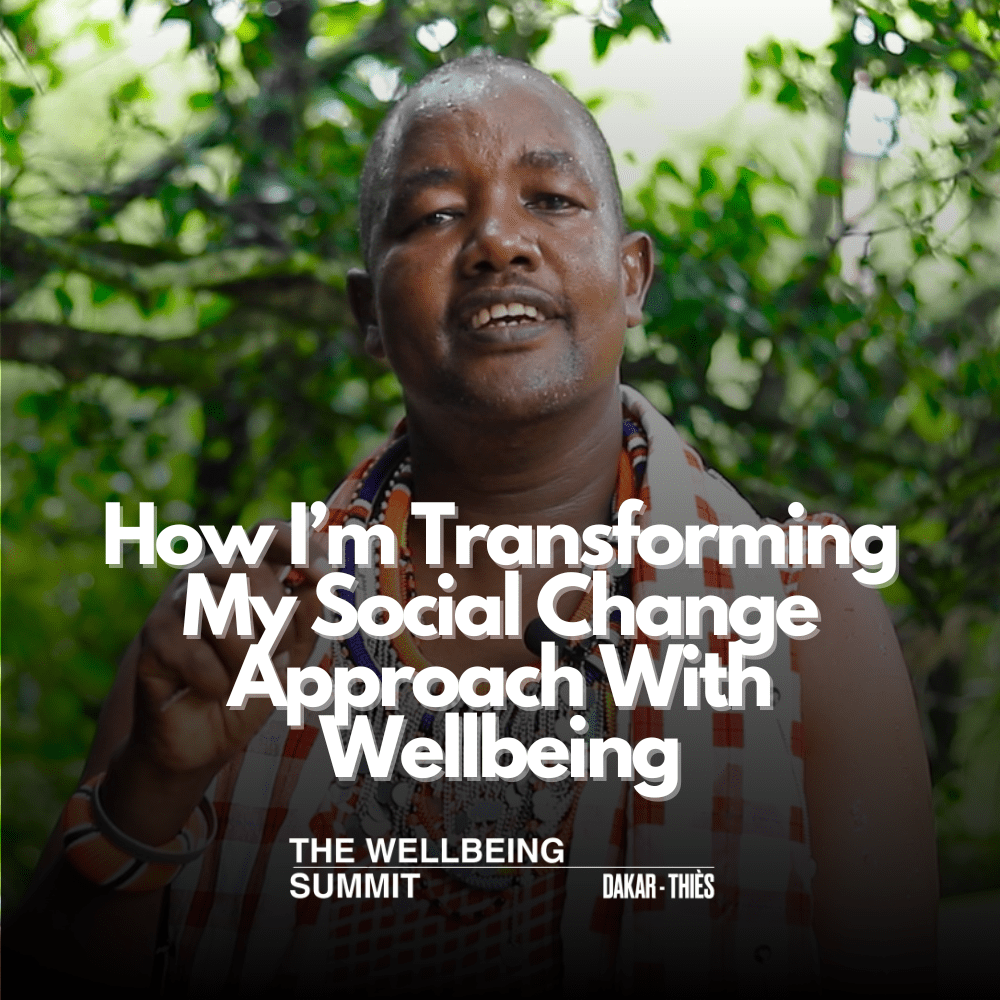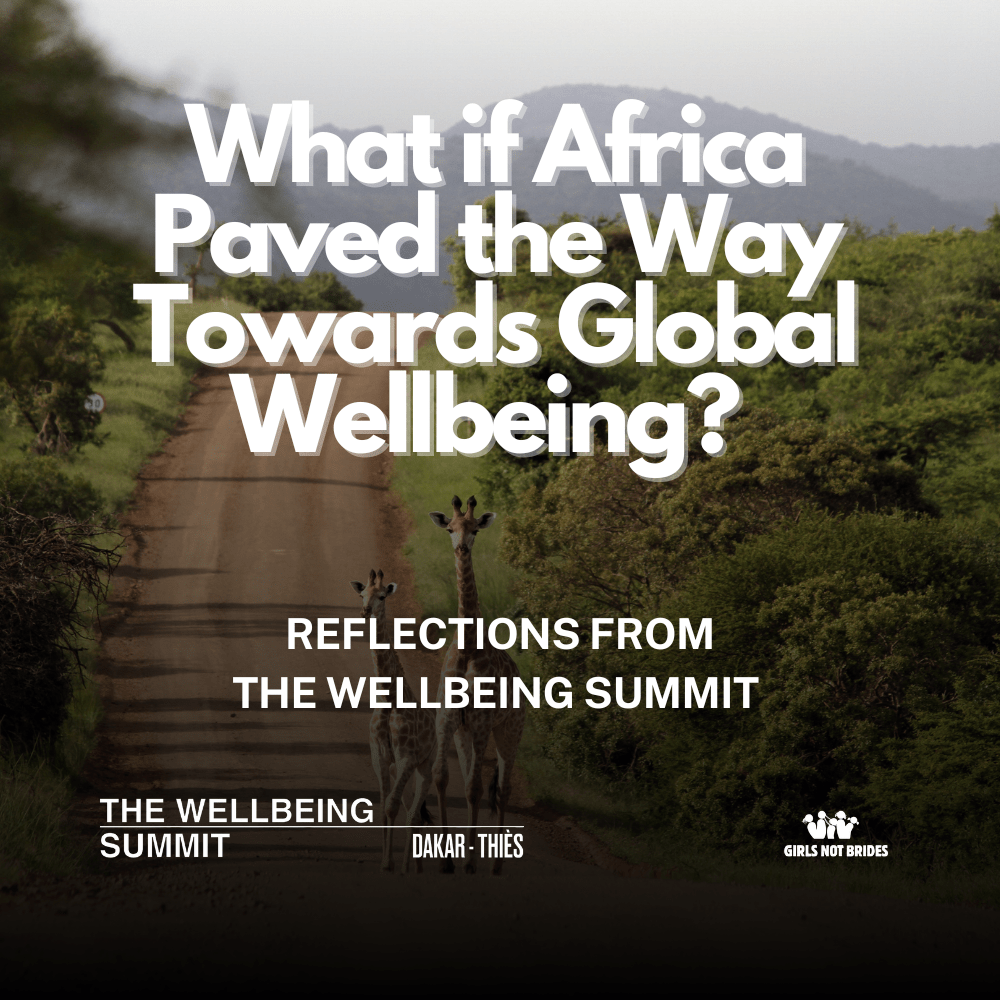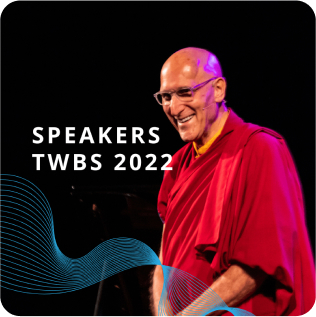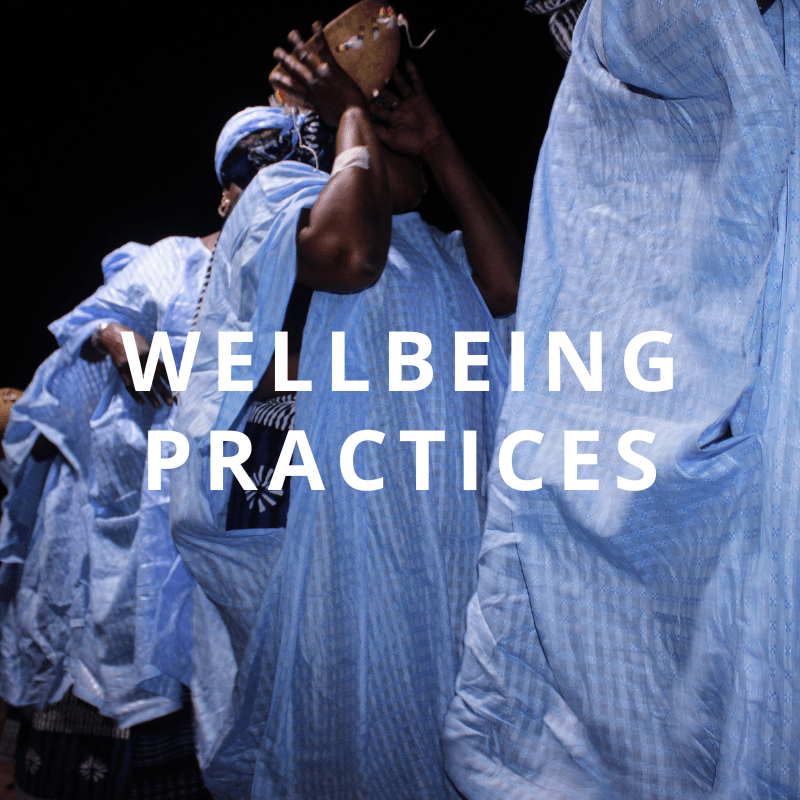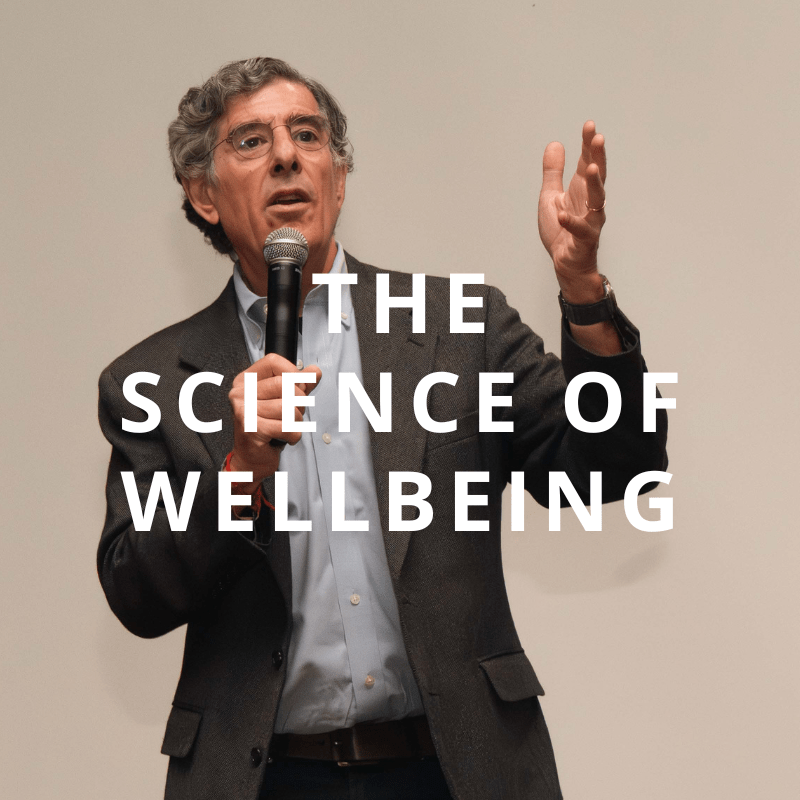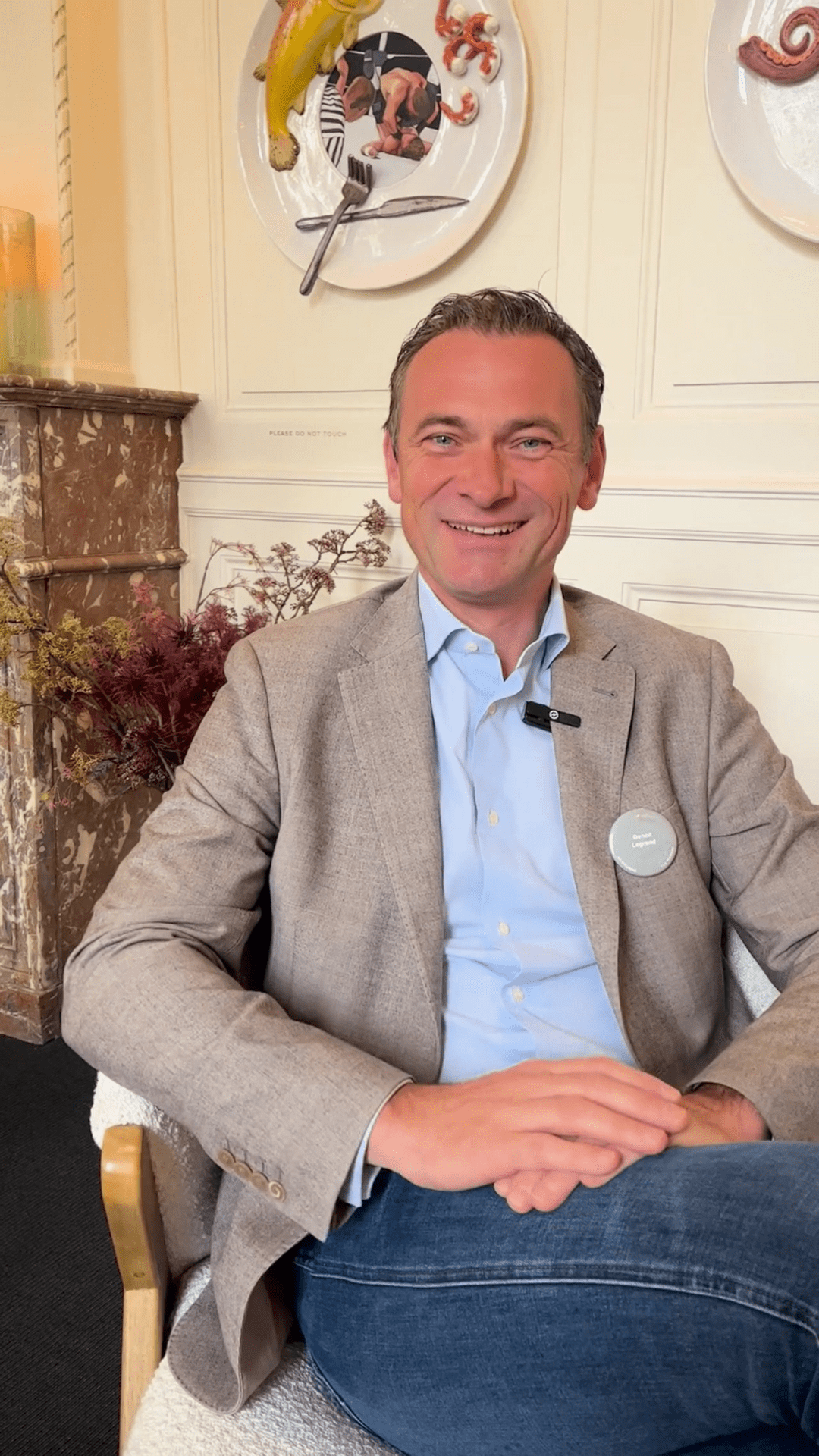Tell us about the impacts of trauma.
Trauma, for me, is something which we all go through, and something absolutely necessary to be aware of to give the best of yourself and find your place in this world. The idea of “trauma” might give or have a sense of drama, which is of course very true when we think about those very macro-level traumas which have affected large populations or very deep traumas that some individuals can go through. Yet, trauma goes also into more subtle dimensions of things which traumatize you. You can be affected by what happened to you consciously, but also by what happened in your family, school, community, country, continent, or race. These impacts are being inherited, which we see now from an analytical and empirical point of view. So in a way, we are all traumatized. But it’s okay. The point is merely for every one of us to just first acknowledge it, dare to look at it and think beyond everything which we know consciously.
I’ll always have in my mind what Carl Jung said, “who looks outside, dreams, and who looks inside, awakes.” I’ve learned that from this process. I thought just looking outside would make me smart and intelligent. But the awakening comes from looking inside of myself, not being scared and not being afraid. By facing reality, we can unlock a lot of situations.
Leaders care about so many people and they don’t want to let anyone down. But they should realize that if they go down themselves, they let everyone down.
When leaders do inner work, including healing from trauma, how does it impact their organization’s wellbeing?
It’s just essential to face your trauma as a leader. You will notice anyone who’s just going out there and showing his vulnerability, just making himself more human. As a leader, if you effectively radiate this positive energy, then it diffuses around the organization. It’s a bit like a pendulum: if at the very top, the positive radiation is there, the radiation at the bottom will be just proportionate. And if the organization is big, or you go to a company or a country, then the impact you can have is just immense. So it’s our own responsibility to think for ourselves: What do I want to be in this world? Do I want to be an agent of positive radiation? Or do I still want to keep all this hatred and and violence and fear and negative energy in myself and overload the world with that right?
Do you think leaders understand the importance of caring for their wellbeing?
Let’s say, okay, we know it’s important to eat. We know it’s important to sleep. We know it’s important to read good things. But do we take, as leaders, the time to step back to sit with someone and just have a conversation? Get a couple of things out, talk and discuss, just to say, “Well, I’m not alone here, right?” and to take care of yourself? It’s fantastic because leaders care about so many people and they don’t want to let anyone down. But they should realize that if they go down themselves, they let everyone down. So having a preventative strike, taking a step back, breathing it, having a discussion and looking at your psychological health is very important. But that can be very hard for leaders, to say, “I need to ask for help.” I personally have been very bad at this.




